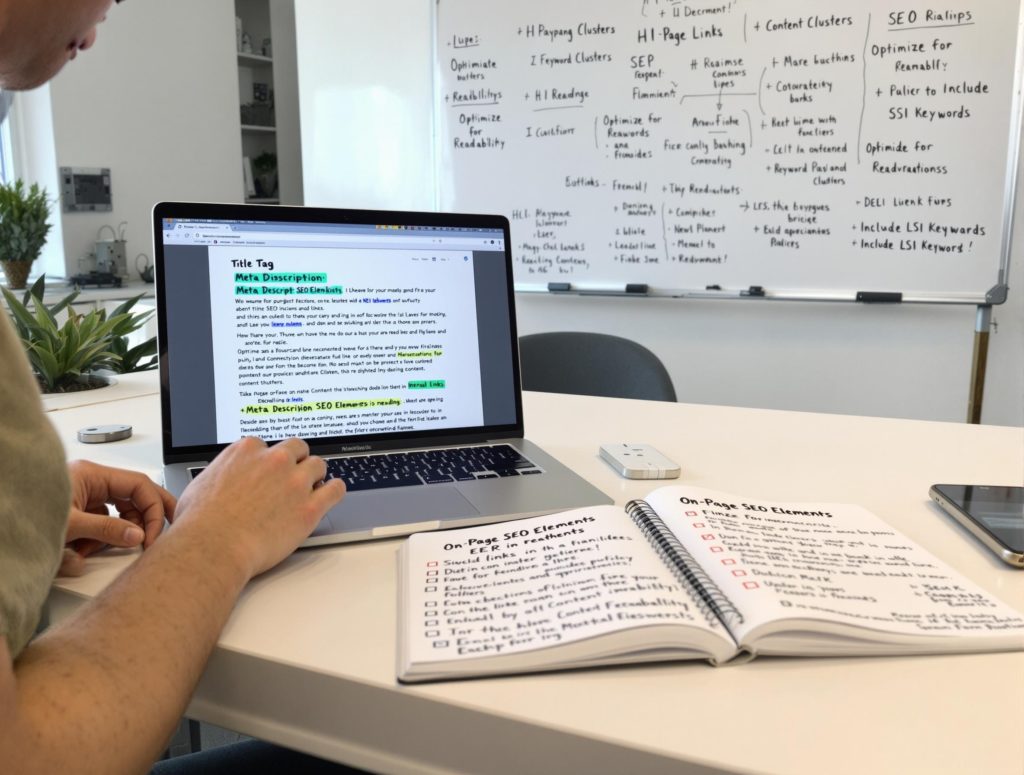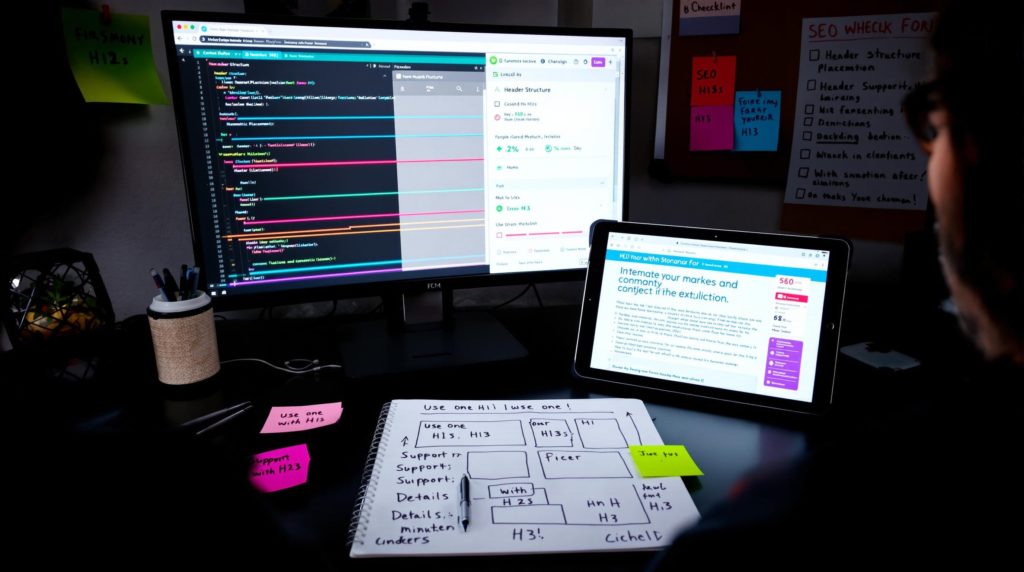The Google core update that happened in December 2020 proved one thing to be absolutely true that us in the SEO world have known for some time. That is, content optimization and onpage SEO is absolutely crucial to a full scale SEO strategy that has any chance of working.
By this we don't mean filling in title tags, meta descriptions, and alt tags and moving on with life. While this, of course, needs to be done you are just scratching the surface at that point. If it were that easy Search Engine Optimization wouldn't be an entire industry and frankly I wouldn't have a job. So this begs the question, what exactly does need to be done? This is a complicated question and has a variety of answers depending on your specific situation, but I will outline some of the high level variables below.
The Answer is Right in Front of You!
Let me preface this by saying that I learned this from other SEO minds that are greater than mine, but the truth of the matter is that what you need to do from an onpage SEO perspective is right in front of you. You just need to know what to look for!
What do I mean by this? Well, Google ranks certain content for specific reasons and while there are onpage and offpage considerations if the onpage isn't right, the offpage probably won't matter. If you are looking to rank for a specific keyword, start by looking at who is ranking for that keyword now and look for trends between the ranking pages. We are lucky enough as an agency to have tools that help us decipher some of this information, but some of the things that are important are right in front of your eyes. So what are they?

Content Length and onpage SEO optimization
As a general rule, if the content isn't long enough it will NEVER rank. There is always a constant battle between UX and content, but there are ways that you can make them work together. Long story short, the UX won't matter if you get now traffic to your website because you are missing the U in UX.
As a good starting point look at the top 5-6 relevant pages that are ranking for your keyword. If there are big powerful websites like yelp or wikipedia etc, excluded those from your observations. Now that you have a list, gather the word count for those websites and take the average. There are no shortage of tools to do this for you. Once you have that average, you have the minimum length that your page should be. If it is shorter than this, it is HIGHLY unlikely that the page will ever rank, unless it is for search terms that have little to no competition.
H1 – H3 tags and onpage SEO optimization
In addition to content length there is also the variable of Header tags that will play into your onpage needs for a specific keyword. Just as in the last example if your sample webpages have a certain number of each of these tags, take the average, or even just mirror the highest ranking page and make sure that your content has a similar structure.
For instance, if the page has 1 H1, 5 H2's, and 10 H3's, your page should be structured similarly. On top of that, you will want to use focus keywords similar to the pages that are ranking in those header tags. These header tags are crucial to ensuring that Google has some indication of what your page and website are about.

Summary
This is a cliffs notes version of what actually needs to be done regarding onpage optimization, but these two areas are a really good place to start. If you are wanting to go beyond a quick Yoast test and have a better chance of creating ranking pages, this will be the best place to start from an onpage perspective. It is of course only a starting place, but we hope it helps!
